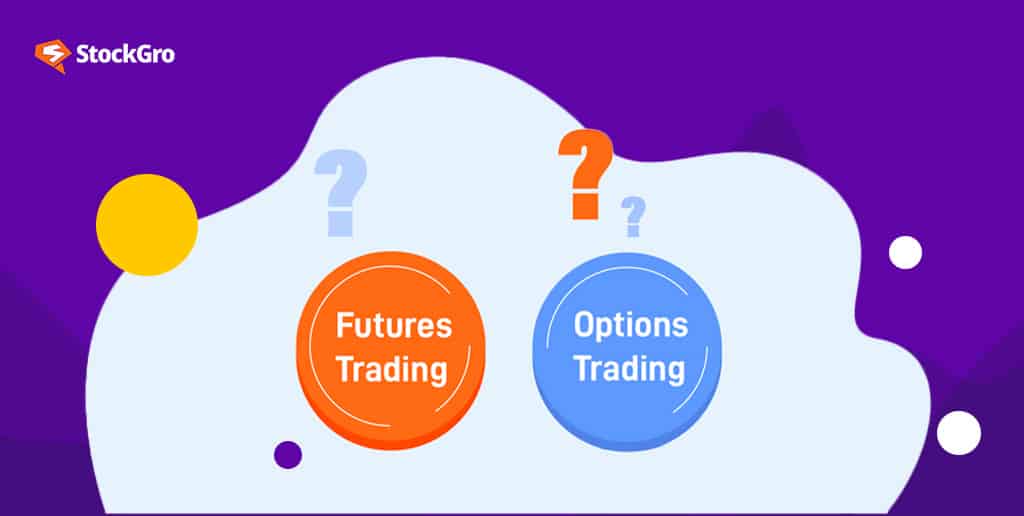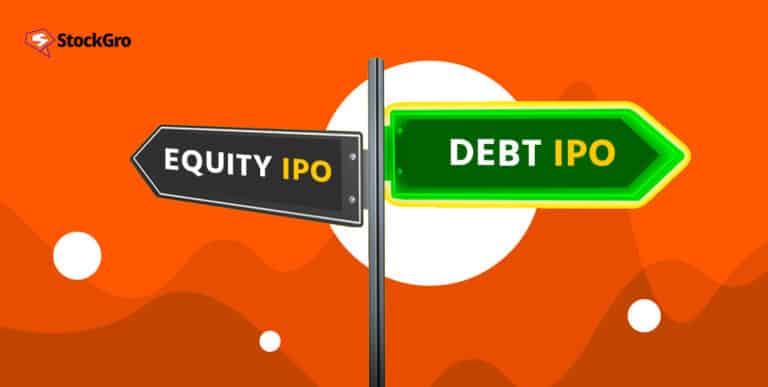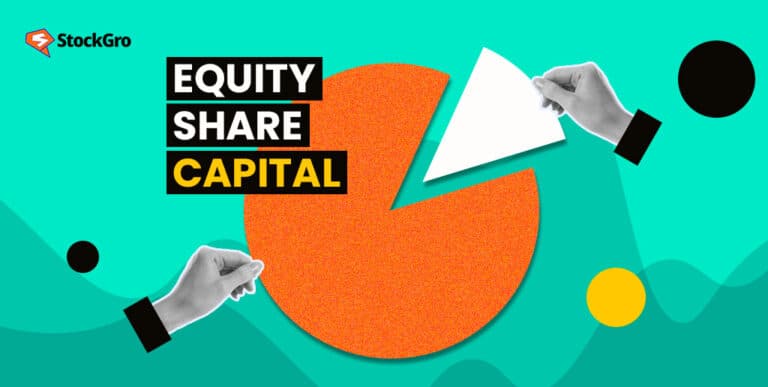
Both Futures and options are potent financial tools that thousands of investors rely on. They act as hedges and even help traders profit from the fluctuations in the price of equity and commodities. The key difference, however, is that, in the case of Options, you get the choice to buy underlying assets.
On the other hand, Futures require the investor to compulsorily purchase the asset within a stipulated time in the near future. This small difference defines which instrument suits your trading risk appetite better.
What are the salient features of the Future?
While discussing future and options trading, you need to understand their unique characters. For example, in the case of the Future:
- They experience limited change in price.
- Sometimes, the price can fall as low as $0.
- They define the future market price of an underlying in the present.
What are the salient features of Options?
In case of options:
- As a contract holder, you have no obligation to purchase an underlying asset.
- The contract itself predetermines the price of investment in the future.
- The intrinsic value of an option can never go below $0.
- In stock, the option’s value would slowly lessen over time. It changes quite visibly with the changes in the underlying asset’s value.
You may also like: Maximising returns with Dollar-Cost Averaging
How to understand futures better?
While buying contracts of futures, you need not stake the entire contract value. You would simply need to have a very tiny percentage of the amount required for this investment, known as the initial margin.
And the value of the contract is most likely to fluctuate. Moreover, while facing a huge loss, your broker will likely ask you to deposit some amount. Most commodities traders tend to shut their position down before the stock’s expiry.
So while selling any such contracts, you will likely get enough funds to cover your margin loan. This can hopefully land you some profits even when the value of underlying assets is going down.
How can you form a clear understanding of options?
As you have just learned, there is no obligation to sell your underlying assets if you get Option contracts. Now you should know that options have two sub-divisions- calls as well as puts.
- Calls: it offers the investor a choice to buy any underlying asset for a pre-decided rate on a particular date. The word ‘choice’ specifies that you are not obligated to get these assets.
- Puts: here, as a contract holder, you can sell an underlying asset. Again, there is no compulsion to make it.
Given that an underlying asset can be anything from stock, bond or futures, a standard Option stock is likely to have a link with 100s of shares of any underlying stock. Both the forms of trading, options and futures, can use identical units of standard for commodity futures.
Again, while investing in calls, you are somewhat putting a bet on the underlying assets. Here, there may or may not be any price reduction. But with puts, you get bets that never reduce the price.
Also Read: Understanding the difference between equity and debt IPO for the right investment
Is trading in futures and options always profitable?
While discussing future and options trading, you should know that Futures can yield both unlimited profits, as well as unlimited losses.
Even options can bring back and forth unfathomable loss and profit. However, it acts as a shield from incurring severe loss.
How does the contract execution of futures and options go on?
This is another important aspect while discussing futures vs. options. With a futures contract, you have to execute the contract on the previously agreed day. You would have to purchase the asset, regardless of its market value, on that date.
However, with options, as a buyer, you can execute contracts just about any time before the contract expires. This means that you get the choice to buy the asset at any favourable time.
What about advance payment?
In the case of the Futures contract, you would not have to pay any upfront cost while entering. However, as a buyer, you will need to pay the pre-decided price for assets.
When trading in an Options Contract, you need to pay a premium. This payment would shield you from the obligation of purchasing the asset at any previously scheduled date. So you can take your time and wait until the market gains some health.
What are the similarities between futures and options?
To get services from either Futures and Options trading, it is mandatory to have margin accounts. It does not entirely exclude the Insurance Regulatory Authority. However, it is important to establish a 3rd party authority. As a retail trader, you need to keep a brokerage account along with a margin. This can also keep the investment of retirement safe from risks involving trades, such as Options and Futures.
What are the differences between Futures and Options?
Like many other enthusiastic traders, you might wonder what the difference is between futures and options. Well, here are the chief takeaways:
- The dates of the contract affect trading. While an option allows you to trade anytime before the option expires, Futures contracts do not give you this flexibility.
- Options are right what they are; optional! In most cases, if you sell a Futures contract before its expiry date, then it would prevent you from having delivery of anything that you trade with. Again, with options, there is no need to exercise. Even if there is insufficient investment or business to exercise, it can expire with minimal expenses. Sometimes, only the amount you paid for the premium becomes its only cost.
Also Read: Do all technical analysis tools work equally well?
Which one is relatively inexpensive?
Futures are indeed enormous in business volume. However, they need minimal margin or upfront payment. On the other hand, purchasing options contracts would require you to pay your writer some premium. This amount would depend on your traders’ judgement of the upcoming market, as well as the spot price of the underlying asset.
You can say that, typically, Futures are less costly than options. But then again, the margin requirement of Futures can be high. It can range between 3-12% of the overall trade volume.
Which one is safer?
Both these trading options have their share of risks. You have to exercise options contracts on time. Otherwise, it can lose its value fast. This can pave the way to a total loss. However, as an individual investor, you might get exposed to bigger threats while trading in Futures.
Bottom line
Hopefully, you now have some clarifications regarding “what are futures and options?” Now that you can analyse the main differences between these two forms of trading, you can make your decisions more confidently than before.
As an investor, it always helps to gather as much information as possible before taking a plunge.

